 Insult to Injury
Insult to Injury
 Insult to Injury
Insult to Injury
Rethinking Our Responses
to Intimate Abuse
LINDA G. MILLS
PRINCETON UNIVERSITY PRESS PRINCETON AND OXFORD
 Copyright 2003 by Princeton University Press
Copyright 2003 by Princeton University Press
Published by Princeton University Press, 41 William Street, Princeton,
New Jersey 08540
In the United Kingdom: Princeton University Press, 3 Market Place, Woodstock,
Oxfordshire OX20 1SY
All Rights Reserved
Permission for the poem on page vii has been granted as follows: Try to Praise the Mutilated World from Without End: New and Selected Poems by Adam Zagajewski, translated by Clare Cavanagh. Copyright 2002 by Adam Zagajewski. Translation copyright 2002 by Farrar, Straus and Giroux, LLC. Reprinted by permission of Farrar, Straus and Giroux, LLC.
Library of Congress Cataloging-in-Publication Data
Mills, Linda G.
Insult to injury : rethinking our responses to intimate abuse / Linda G. Mills.
p.cm.
Includes bibliographical references and index.
eISBN 978-1-40082-568-4 M
1. Family violence. 2. Conjugal violence. 3. Wife abuse. 4. Abusive men.M
5. Abusive women. 6. Feminist theory. I. Title.
HV66260.M55 2003
362.82'92dc212003044476
British Library Cataloging-in-Publication Data is available
This book has been composed in Goudy
Printed on acid-free paper.
www.pupress.princeton.edu
Printed in the United States of America
10 9 8 7 6 5 4 3 2 1
For Peter
 who taught me there was so much more to love
who taught me there was so much more to love
And for Ronnie
 who insists we learn these lessons
who insists we learn these lessons
 Try to Praise the Mutilated World
Try to Praise the Mutilated World
Try to praise the mutilated world.
Remember Junes long days,
and wild strawberries, drops of wine, the dew.
The nettles that methodically overgrow
the abandoned homesteads of exiles.
You must praise the mutilated world.
You watched the stylish yachts and ships;
one of them had a long trip ahead of it,
while salty oblivion awaited others.
Youve seen the refugees going nowhere,
youve heard the executioners sing joyfully,
You should praise the mutilated world.
Remember the moments when we were together
in a white room and the curtain fluttered.
Return in thought to the concert where music flared.
You gathered acorns in the park in autumn
and leaves eddied over the earths scars.
Praise the mutilated world
and the gray feather a thrush lost,
and the gentle light that strays and vanishes
and returns.
Adam Zagajewski
 Contents
Contents
 Giving Thanks
Giving Thanks
THESE FEW PAGES CANNOT DO JUSTICE TO THE PEOPLE who helped me formulate these ideas and commit them to paper. I owe an incalculable debt to Heather Abel, who questioned nearly every line for the purpose of clarifying and improving my argument. She did so with a genius only I can truly appreciate and with a generosity that can come only from the truly gifted. Heathers insight, passion, and enthusiasm maintained mine when my own commitment to the project waned. Marisa Howe, a law student at New York University, worked meticulously on checking citations and grammar, always with a sense of humor about the absurdity of my demands. She made the process bearable and will always be near and dear to my heart. Danya Ledford, also an NYU law student, came to the work later than Marisa but with a similar passion. Her adeptness for the theoretical dimensions of the book was invaluable. Jill Eisner, who studied truth and reconciliation as an NYU summer law intern in 2002, prepared an outstanding memo that became the blueprint for chapters 6 and 8 and is to be commended for her thoughtful and creative work in this area.
Leslie Glass funded Marisa, Danya, and Jill through the Leslie Glass Foundation and always supported my efforts to ask questions differently. Leslie, a successful novelist, is one of those rare popular authors who understands how to make a difference in your writing. Dottie Harris, whom I met through Leslie, played a vital role in encouraging this work to move along.
Diane Eidman of the Altria Group supported my work on domestic violence in the Jewish Orthodox community despite my reputation for troublemaking. Her courage in doing so meant that a remarkable project was funded to train six Jewish women to work sensitively and intelligently on issues of intimate abuse in the Orthodox community. Faye Zakheim, who led this effort and is remarkable in her own right, is a powerful force in my life who brings insight, joy, and excitement to this groundbreaking effort in the Jewish community. Faye knows how to get a job done and done well. Thanks to Henna White, who also works tirelessly in the Orthodox community, for her passion for my approach. Chana Widawski, Hindie Klein, and Phyllis Meyer bring their many gifts to the project and to me.
My work was catapulted into the public debate on intimate abuse when Deborah Sontag saw the merit of another point of view and appreciated the valiant efforts of people like Samuel Aymer, whom I know, and who encourages me to keep thinking differently and to remain strong. Robin Waite, so often hidden from view, was first inspired by my Harvard Law Review article and invited me to be the keynote speaker at the Human Resources Administration (HRA) Conference. Clearly, Deborah Sontag and Robin Waite, along with many of the participants in the HRA Conference, helped move the national consciousness beyond its mainstream thinking. A very special thanks to Leslie Grisaunti, Tara Montgomery, and especially to Oprah Winfrey, who saw the value in the debate and had the courage to air it; Resmaa, John, Christine, and the unnamed others who are doing the workwe need to give them our love and support.
So many people have touched me in ways that challenged, affirmed, or otherwise affected how I think about the vexing question of intimate abuse. They include Lonnie Athens, Bell and Paul Chevigny, Peggy Cooper Davis, Paula Fendall, Tatiana Flessas, Robert Geffner, Janet Geller, Maria Grahn-Farley, Marty Guggenheim, Christine Harrington, Carolyn Nash, Laurie Rosenblatt, and Mieko Yoshihama. Kathy Charlap and Peggy Grauwiler, both Ph.D. students at NYUs School of Social Work, encourage me to think about the policy and practice issues differently, and with the wisdom that comes with years of practice. Holly Maguigan, whose work in this area inspires me and so many others, has been a consistent presence in my evolving consciousness. Wanda Lucibello represents what prosecutors are capable of doing right.
When I decided to become Vice Provost for University Life and Interdisciplinary Initiatives in the summer of 2002, my ideas and their presentation were deeply influenced by many remarkable academic leaders. President John Sexton of NYU supported and nurtured my public work on these issues; I have learned so much from John about how to address different points of view. Provost Dave McLaughlin always encourages me to find the time to do my scholarship; Dave has been, without a doubt, the most supportive and caring colleague-supervisor with whom I have had the pleasure of working. I have truly enjoyed my travels toward academic leadership, and Daves belief in my capacity to do it all has been unwavering, if not exhausting. Robert Berne provides guidance, insight, and wisdom, which I rely on much more than he knows. Yaw Nyarko and Rich Stanley have also provided support as I have faced the challenges of balancing academic and administrative life.
Next page
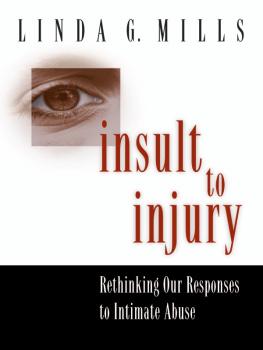
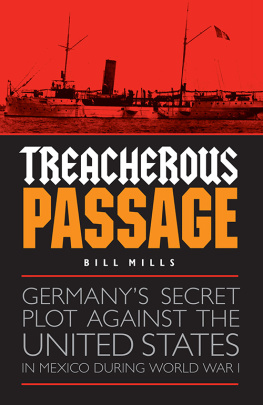
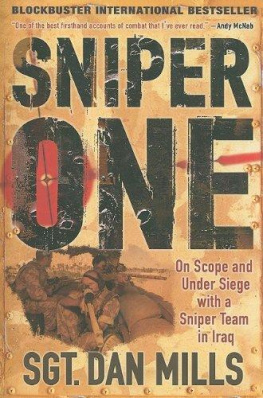
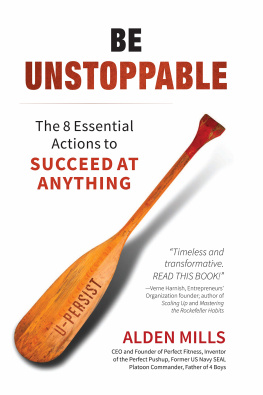

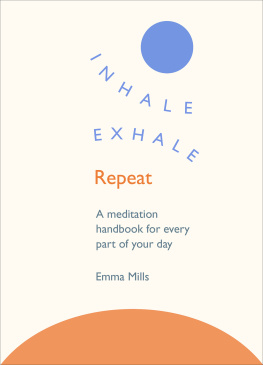
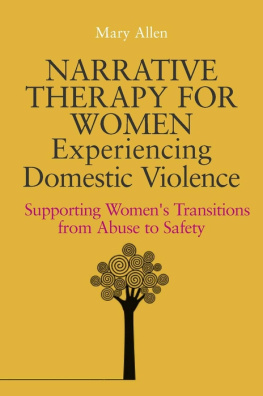

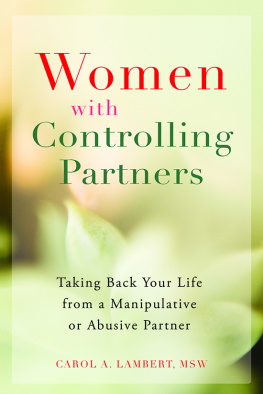
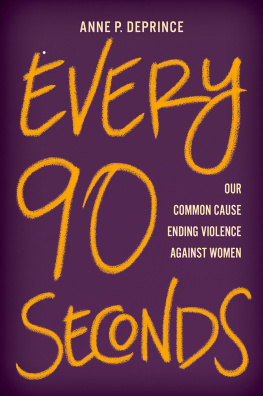
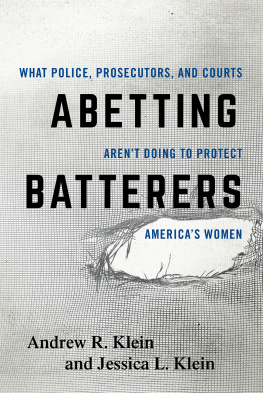
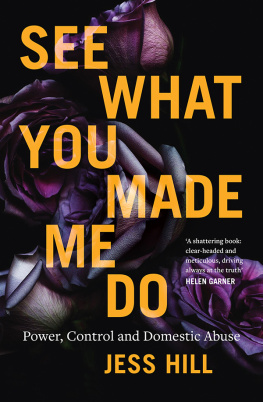
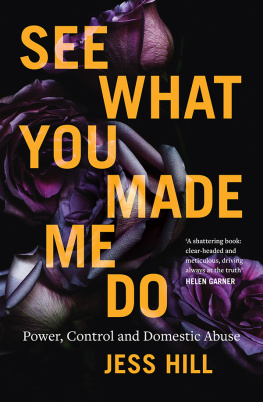
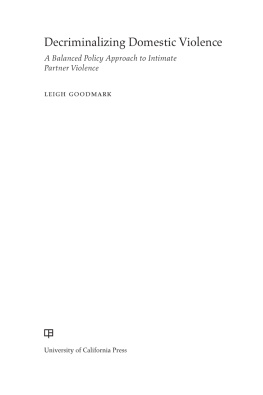
 Insult to Injury
Insult to Injury Insult to Injury
Insult to Injury Copyright 2003 by Princeton University Press
Copyright 2003 by Princeton University Press Giving Thanks
Giving Thanks